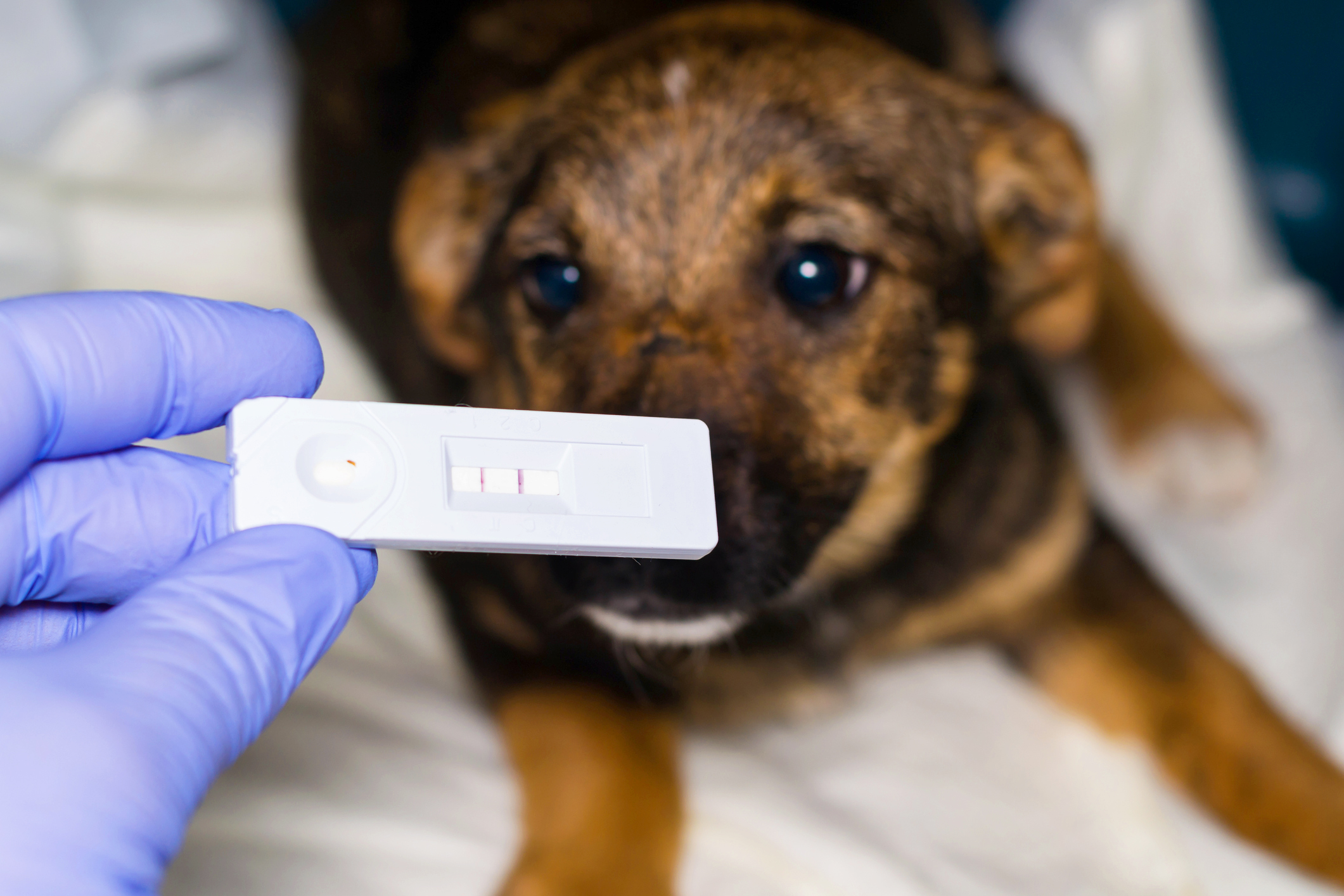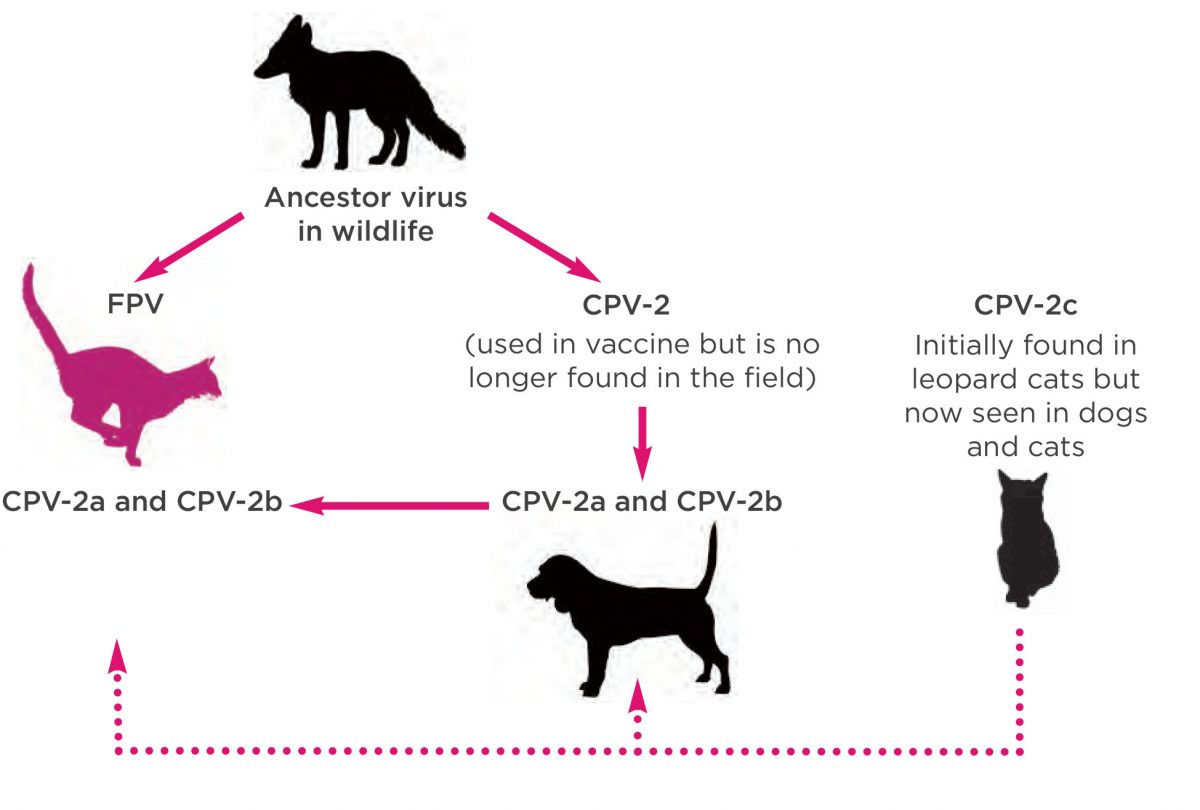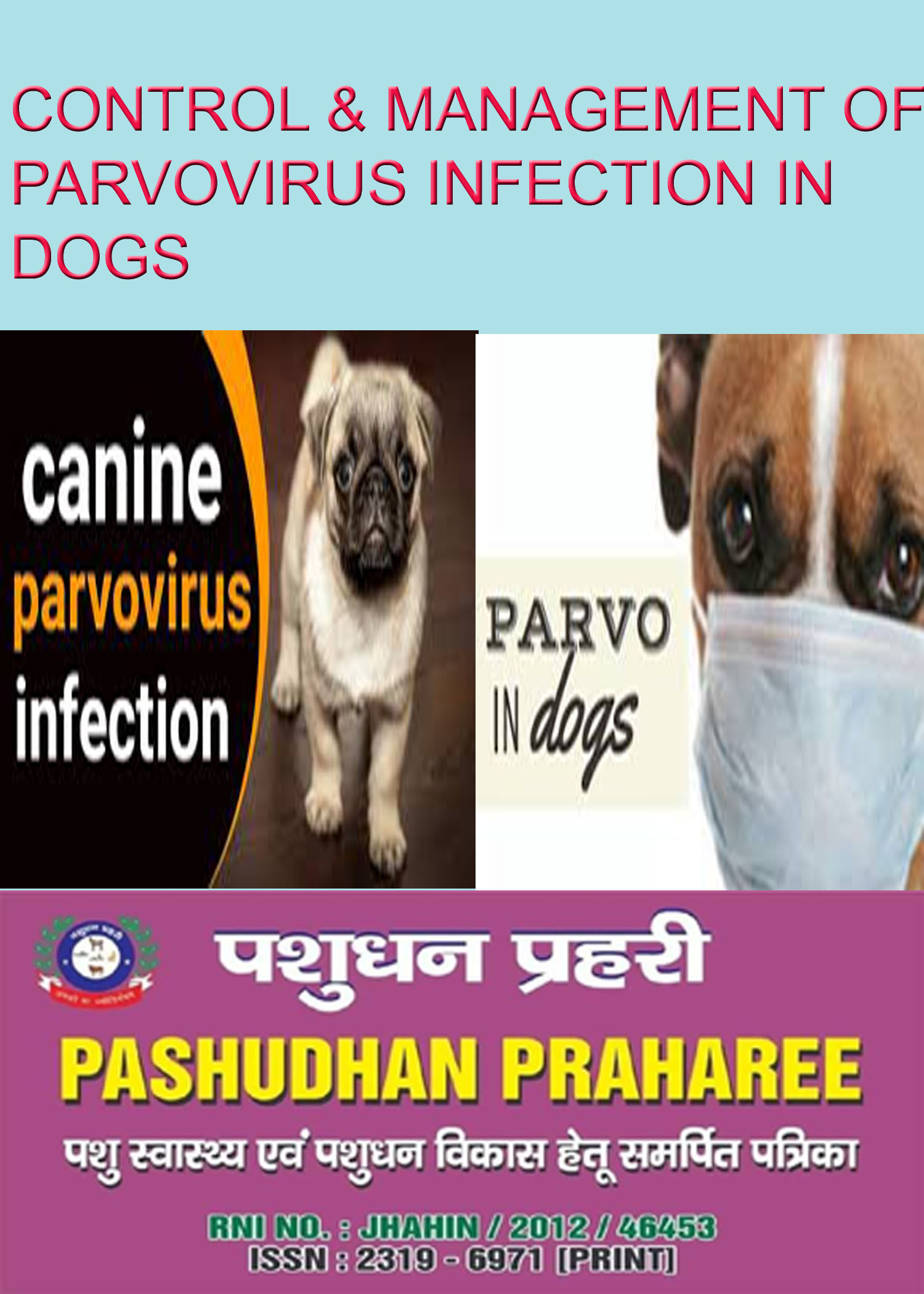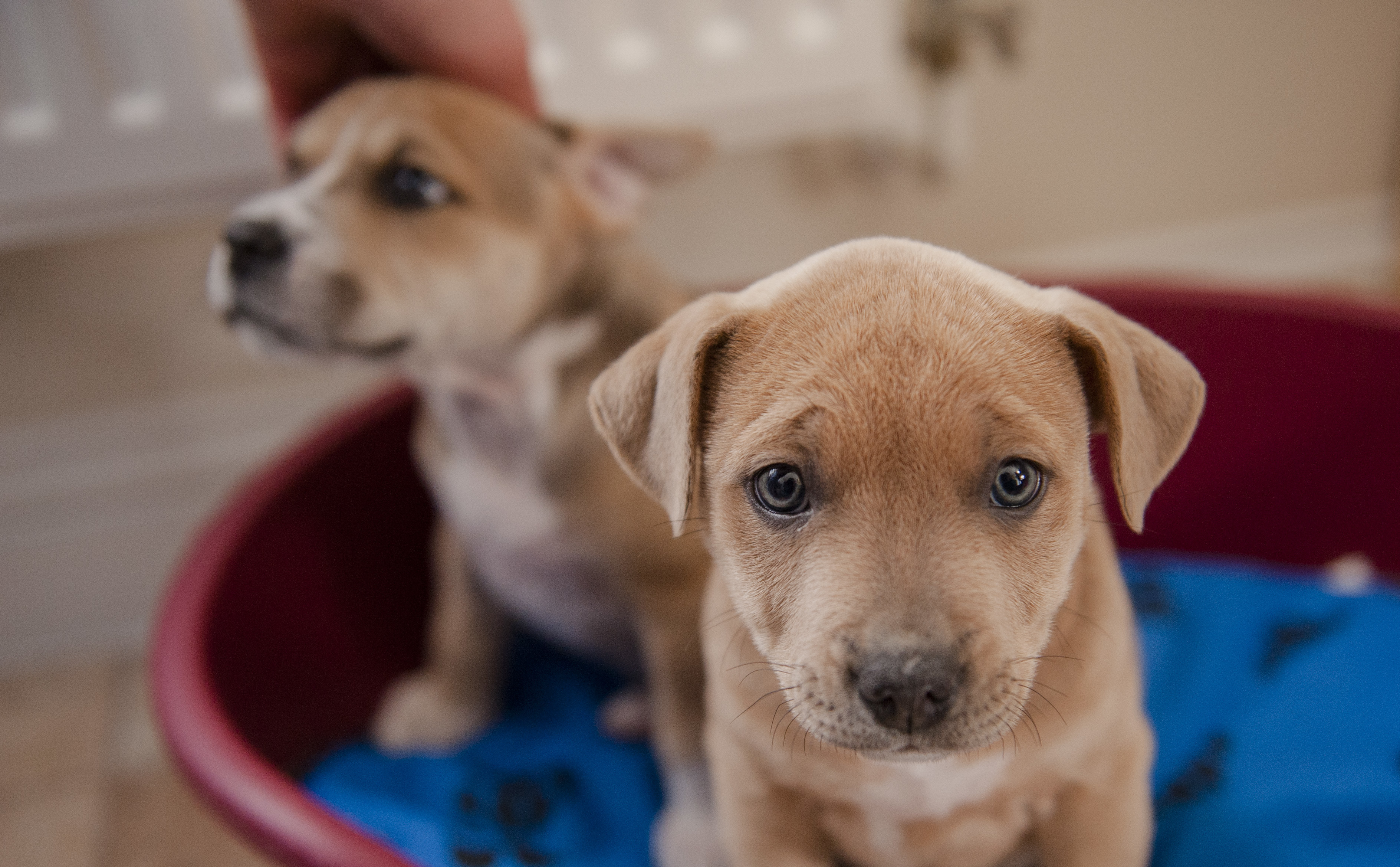Can Cats Get Parvo From Dogs

Feline panleukopenia or feline distemper.
Can cats get parvo from dogs. Parvo in dogs and cats are different in the strain of virus with dogs having the potential to be exposed to two separate strains CPV-1 and CPV-2. The feline panleukopenia virus FPV is not transmissible to the canine family. The first signs that your cat could have the illness include lethargy and inactivity.
People have always thought that these viruses are species-specific. Second dose 2-4 weeks later. You might just be anxious that your dog could pick something up and spread the virus to your feline friend.
Parvovirus is highly contagious and a mutated strain of canine parvovirus has been suspected of infecting felines. The most widely accepted theory about how canine parvovirus suddenly erupted on the scene with such disastrous results in the 1970s is that it mutated from the feline panleukopenia virus or another type of closely related parvovirus. However theres a lot of details under.
Yes cats can get parvo from dogs. So while it is uncommon yes cats can get parvovirus from dogs. So yes cats can get parvo if they are exposed to feces of an infected animal.
The short answer is. The parvovirus in dogs is also very closely associated with the herpes virus panleukopenia. The herpes virus which leads to distemper in cats.
It is uncommon and unlikely but it can still happen. Parvo can be transmitted from dogs to cats. This goes against popular belief which has held sway for years that cats cannot get parvo from a dog.



















